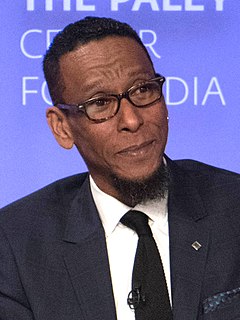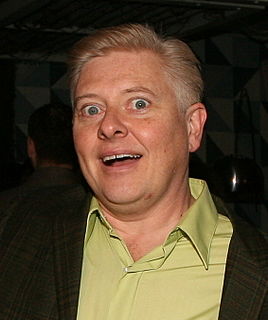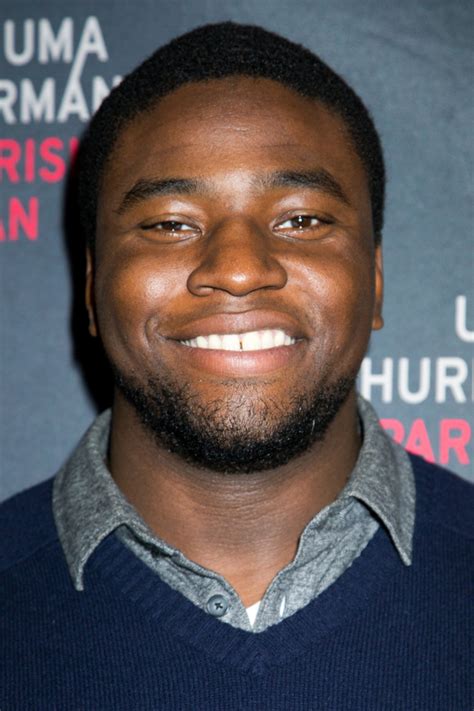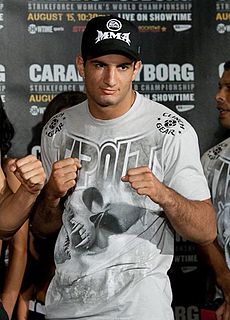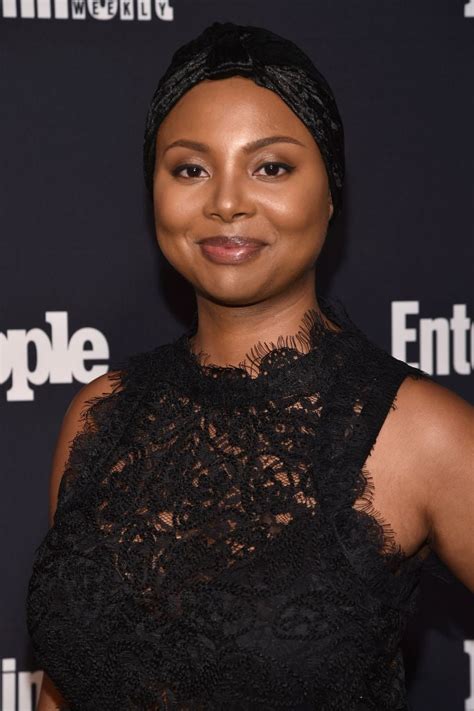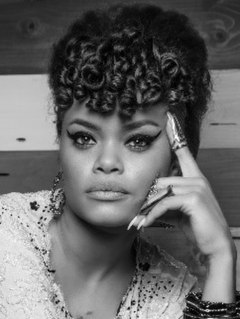A Quote by Ron Cephas Jones
I learned a lot about American history though jazz, and that's why I loved American history when I was in high school. I could hear different stories - the story that they would tell in school, and then the story that I would hear in the music.
Related Quotes
I read a lot - surveys of vernacular music. A lot of it is the Harry Smith Anthology of American Folk Music, which I've loved since I was in high school. They had it at the library and I always thought that was interesting, even when I was into punk and stuff. Just the history of storytelling and the amount of melancholy a lot of old music has.
I have to throw in on a personal note that I didn't like history when I was in high school. I didn't study history when I was in college, none at all, and only started to do graduate study when my children were going to graduate school. What first intrigued me was this desire to understand my family and put it in the context of American history. That makes history so appealing and so central to what I am trying to do.
I always wanted to read. I always thought I was going to be a historian. I would go to school and study history and then end up in law school, once, I ran out of loot trying to be a history high school teacher. But my dream was always to place myself in a situation where I was always surrounded by books.
I knew that I could sing when I was young. I would listen to a lot of jazz; I'm a big jazz fan. When I first got to high school and studied musical theater, I could sing. But I added certain things to my voice, and I realized after graduating high school that this is the kind of voice I had. It's not very nimble, but it's heavy.
As a historian of American and African-American religion, I know that the Trayvon Martin moment is just one moment in a history of racism in America that, in large part, has its underpinnings in Christianity and its history. Those of us who teach American Religion have a responsibility to tell all of the story, not just the nice touchy-feely parts.
